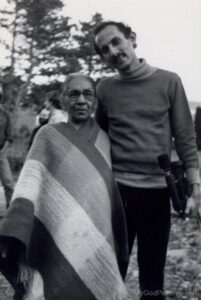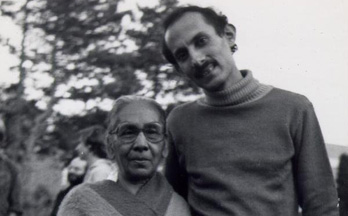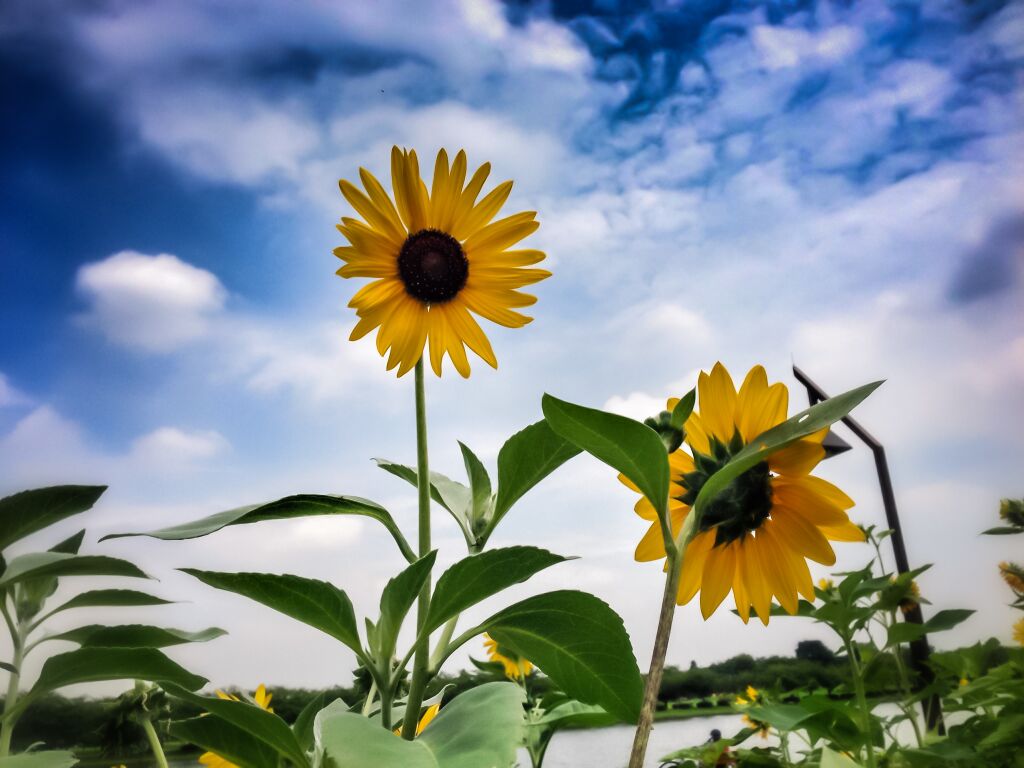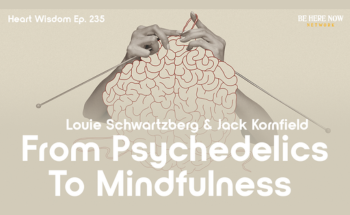 In a psychology of liberation, selflessness is a therapeutic necessity. Even though the whole concept may seem initially frightening and confusing, it is really quite simple. It is only the small self, the self-centered “ego” that cannot imagine how we will function without it. Ram Dass used to say, “The ego wants to be present at its own funeral.” But it turns out that in releasing the sense of self, everything functions quite well without Identification. We begin to recognize that the less tightly we identify with our experience, the more gracious we become. There is a grace, a responsiveness, a flow and natural connections with all things.
In a psychology of liberation, selflessness is a therapeutic necessity. Even though the whole concept may seem initially frightening and confusing, it is really quite simple. It is only the small self, the self-centered “ego” that cannot imagine how we will function without it. Ram Dass used to say, “The ego wants to be present at its own funeral.” But it turns out that in releasing the sense of self, everything functions quite well without Identification. We begin to recognize that the less tightly we identify with our experience, the more gracious we become. There is a grace, a responsiveness, a flow and natural connections with all things.
We have all had the experience of being with people who are selfless, who belong to life in an easy and flexible way. They don’t take things personally. They are gracious, receptive, present, yet not rigid. There is not a lot of clinging to their point of view, not a strong attachment to the way things should be, not a rigid grasping of me or mine.
Dipama Barua of Calcutta, one of my teachers and a revered Buddhist elder, exemplified this spirit for me. She was both a meditation master at the highest level and a loving grandmother. When I visited her apartment she would teach in a practical and modest way. Around her was a palpable sense of stillness and profound well-being. It was not the well-being of outer security—she lived in a tiny apartment in one of Calcutta’s poor neighborhoods. Nor was it the well-being of rank and position—she was mostly uncelebrated and unknown. Though she was a remarkably skillful teacher, her selflessness bloomed in her smile, in her care for others, whatever they needed; in her openness to whatever was present. She was selfless, both empty and alive.
Dipama’s heart seemed to pervade her whole body, the whole room, all who came into her orbit. Her presence had a big impact on others. Those who lived nearby say the whole apartment block became harmonious after she moved in. One day a student complained that ordinarily his mind was filled with thoughts and plans, judgments and regrets. He wondered what it was like to live more selflessly. So he asked Dipama directly about the alternative, “What is in your mind?” She smiled, “In my mind are only three things: loving-kindness, concentration and peace.” These are the fruits of selflessness. With selflessness there is less of us and yet presence, connectedness, and freedom all come alive.
Dipama shows what is possible when we return to our Buddha nature. But let us remember that the shining of the heart is not unique to meditation masters and advanced practitioners. It is here in us all. As we cultivate loving-kindness, eventually we can end up like Dipama, radiating love to all we meet.
Understanding selflessness, we learn not to take things personally. This not a pathologically detached state, disconnected from the world. Nor is it a state where we are caught in a new spiritual identity, “See how selfless I am.” Selflessness is always here.
In any moment we can let go and experience life without calling it me or mine. This is the realization of selflessness. The beloved Tibetan master Kalu Rinpoche described this experience, “When you understand, you will see that you are nothing. And being nothing, you are everything.” When identification with the small sense of self drops away, what remains is the spacious heart that is connected with all things.
This excerpt is taken from the book, “The Wise Heart”






